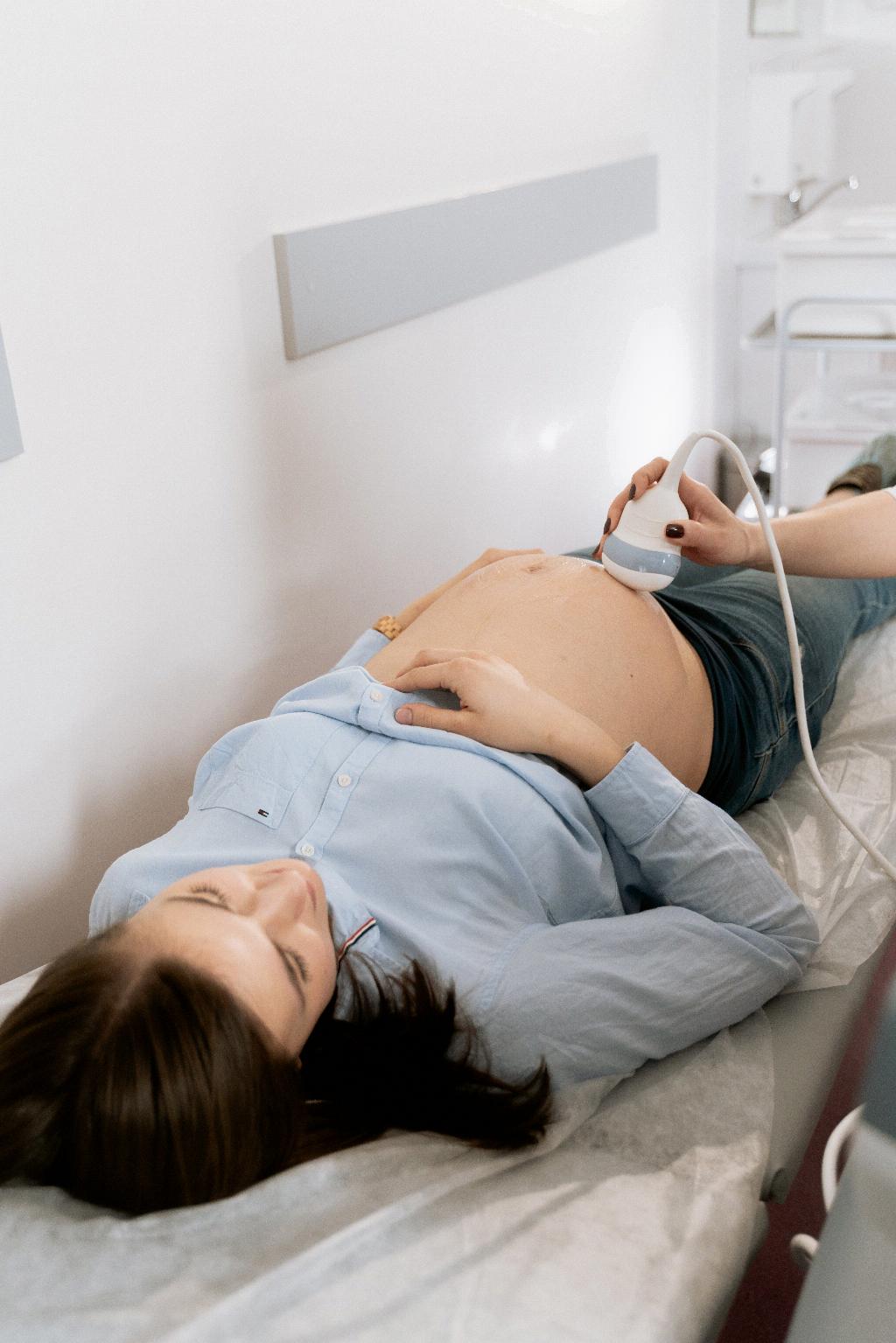When it comes to taking a pregnancy test and receiving a negative result at 6 weeks pregnant, it’s essential to understand the intricacies of how these tests work. Pregnancy tests detect the hormone hCG, which is produced during pregnancy. However, various factors can influence the accuracy of these tests, including the sensitivity of the test and the timing of when it is taken.
Factors Influencing Test Results
Research indicates that pregnancy tests can sometimes yield false negative results, especially in the early weeks of pregnancy. Factors such as the concentration of hCG in the urine, the sensitivity of the test being used, and the timing of when the test is taken can all play a role in determining the accuracy of the result.
Timing of the Test
At 6 weeks pregnant, the levels of hCG in your body should typically be high enough to be detected by a pregnancy test. However, it is essential to consider that the timing of when the test is taken can impact its accuracy. Taking the test too early or too late in the day can affect the concentration of hCG in your urine, potentially leading to a false negative result.
Understanding False Negative Results
A false negative result on a pregnancy test means that the test indicates you are not pregnant when, in fact, you may be. This can occur if the levels of hCG in your body are not high enough to be detected by the test or if there are issues with the test itself, such as using an expired or faulty test.
When to Retest
If you receive a negative result on a pregnancy test at 6 weeks pregnant but still suspect you may be pregnant, it is recommended to wait a few days and retest. This allows for any potential increase in hCG levels, providing a better chance of obtaining an accurate result. Additionally, following the instructions on the test closely can help ensure the most reliable outcome.
Consulting a Healthcare Professional
If you continue to experience symptoms of pregnancy despite receiving a negative test result, it is advisable to consult with a healthcare professional. They can offer further guidance, potentially perform a blood test to measure hCG levels more accurately, and address any concerns or questions you may have about your pregnancy status.
Other Considerations
It’s crucial to remember that the accuracy of pregnancy tests can vary based on individual factors, including medical conditions, medications, and the presence of certain substances in the body. Additionally, stress, irregular menstrual cycles, or improper testing procedures can also impact the reliability of the test results.
Conclusion
In conclusion, while receiving a negative pregnancy test result at 6 weeks pregnant can be concerning, it’s essential to consider the various factors that can influence the accuracy of the test. By understanding how pregnancy tests work, paying attention to the timing of the test, and seeking guidance from healthcare professionals when needed, you can navigate this situation with confidence and clarity.

